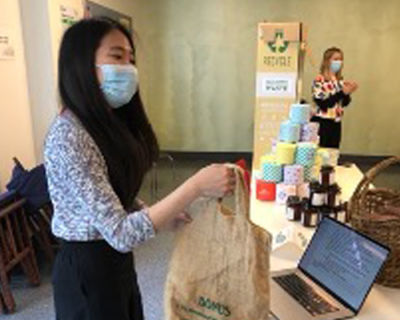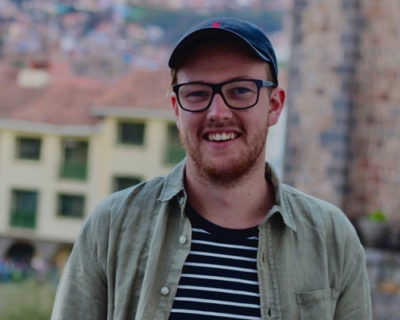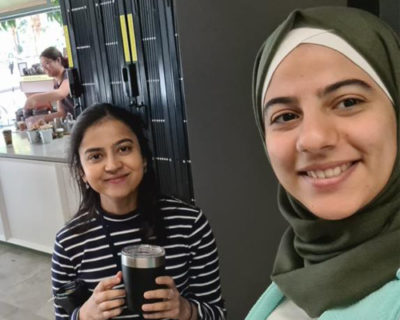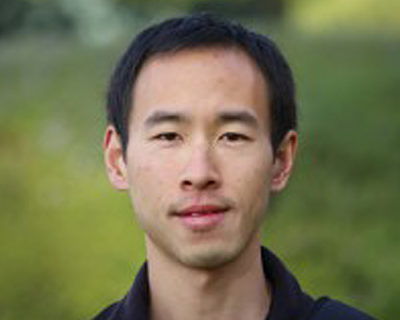
IT Services
University of Tasmania
Richard Siu is a sustainability leader for both staff and students at UTAS through sharing his knowledge and enabling behaviour change. Richard is studying ICT and works part-time while studying in the IT Services team. Richard noticed that the printers at UTAS were not set to sleep while not in use, in his own time he researched and presented the case to the Director of University Services for the costs and benefits of changing the setting on all printers to sleep mode between 6pm and 7am and all A3 printers to sleep after 30 minutes of inactivity. A printer in sleep mode uses 5-10% of the power it uses in standby mode. A conservative estimate is that Richard’s small change will save 43936.9kWh this year, with no disruption to printing.
Richard donates time to wiping out of warranty University laptops for donation to students in need through the student union, students who have been identified as experiencing financial hardship. To formalise this work Richard volunteered to assist in writing a technical procedure for IT Services staff to clear laptops for donation to allow more to be donated. Richard created and led their Green Impact team in 2019 and 2020.
Together with Eve Gowen, Richard is a founding member of the UTAS students’ Zero Waste Society. One example project, Richard led the South Cape to clean up on the remote south coast of Tasmania in September 2020. To organise the trip Richard collaborated with UTAS Bushwalking Club so that students from both societies could borrow backpacks and other camping and bushwalking equipment for free. Over 2 days the students collected (and physically carried out) 27kgs of rubbish from remote beaches. Richard entered the data into Taronga Blue’s Australian Marine Debris Initiative (AMDI) database contributing to citizen science research. The students further marked the GPS location and contacted Parks and Wildlife Service who were able to send a helicopter to collect two large items that the students were unable to carry out of the National Park. The trip was incredibly important for the students’ well-being as the students were emerging from COVID lockdown and experiencing isolation from families overseas. The success of this trip led to clean-ups in collaboration with local councils.
Richard is very passionate about waste and collects IT Services soft plastics when new IT labs and individual computers are set up and drops this for soft plastics recycling.
More posts
Finalist
Finalist
Finalist

IT Services
University of Tasmania
Richard Siu is a sustainability leader for both staff and students at UTAS through sharing his knowledge and enabling behaviour change. Richard is studying ICT and works part-time while studying in the IT Services team. Richard noticed that the printers at UTAS were not set to sleep while not in use, in his own time he researched and presented the case to the Director of University Services for the costs and benefits of changing the setting on all printers to sleep mode between 6pm and 7am and all A3 printers to sleep after 30 minutes of inactivity. A printer in sleep mode uses 5-10% of the power it uses in standby mode. A conservative estimate is that Richard’s small change will save 43936.9kWh this year, with no disruption to printing.
Richard donates time to wiping out of warranty University laptops for donation to students in need through the student union, students who have been identified as experiencing financial hardship. To formalise this work Richard volunteered to assist in writing a technical procedure for IT Services staff to clear laptops for donation to allow more to be donated. Richard created and led their Green Impact team in 2019 and 2020.
Together with Eve Gowen, Richard is a founding member of the UTAS students’ Zero Waste Society. One example project, Richard led the South Cape to clean up on the remote south coast of Tasmania in September 2020. To organise the trip Richard collaborated with UTAS Bushwalking Club so that students from both societies could borrow backpacks and other camping and bushwalking equipment for free. Over 2 days the students collected (and physically carried out) 27kgs of rubbish from remote beaches. Richard entered the data into Taronga Blue’s Australian Marine Debris Initiative (AMDI) database contributing to citizen science research. The students further marked the GPS location and contacted Parks and Wildlife Service who were able to send a helicopter to collect two large items that the students were unable to carry out of the National Park. The trip was incredibly important for the students’ well-being as the students were emerging from COVID lockdown and experiencing isolation from families overseas. The success of this trip led to clean-ups in collaboration with local councils.
Richard is very passionate about waste and collects IT Services soft plastics when new IT labs and individual computers are set up and drops this for soft plastics recycling.
